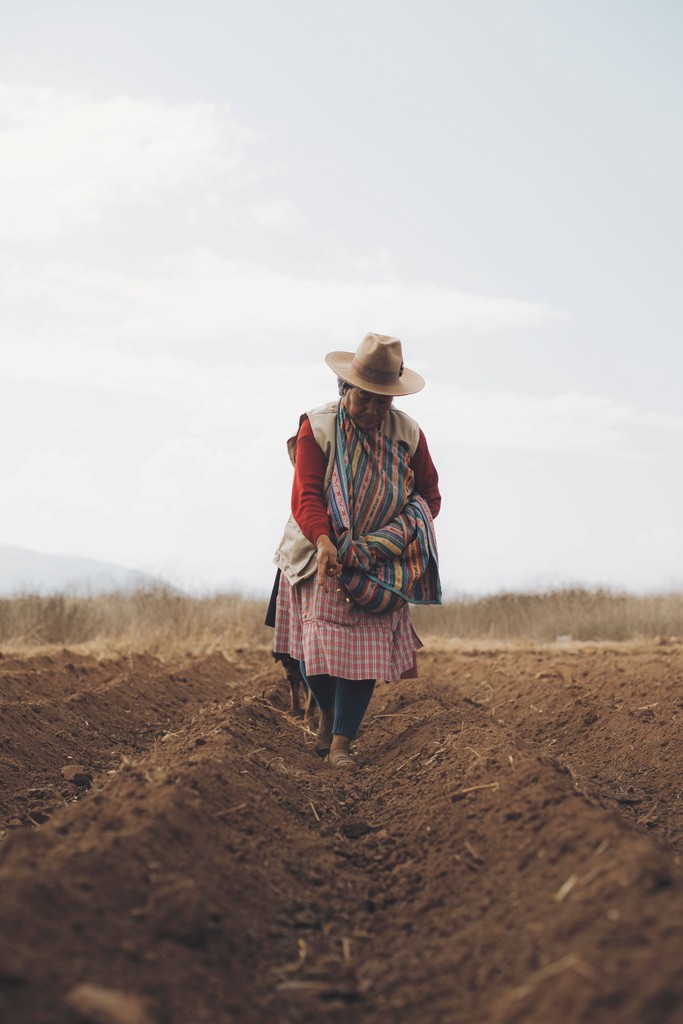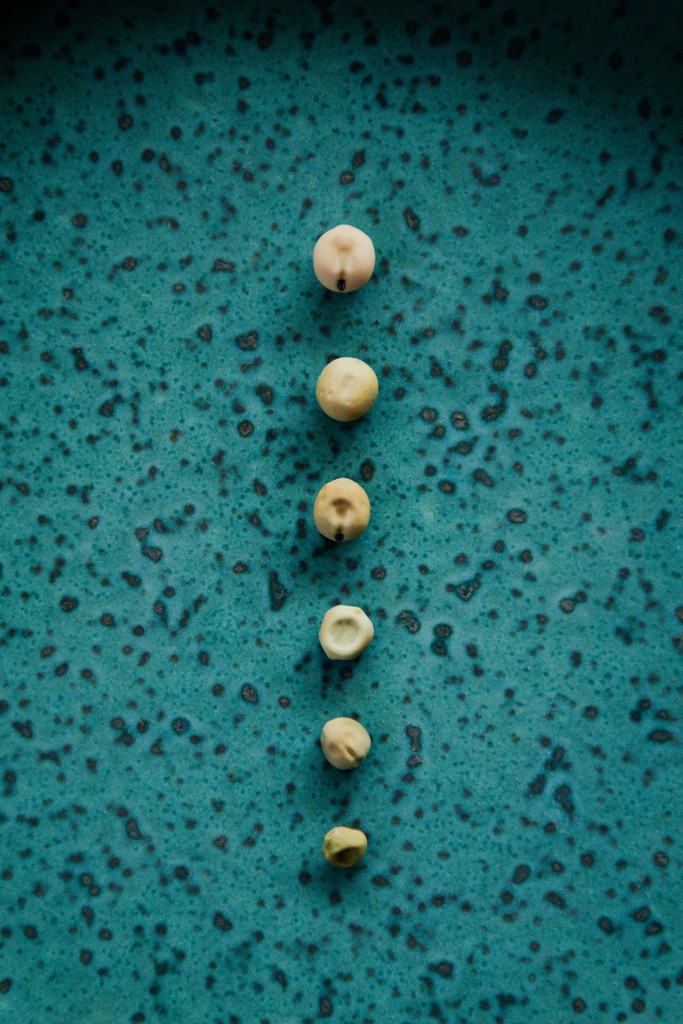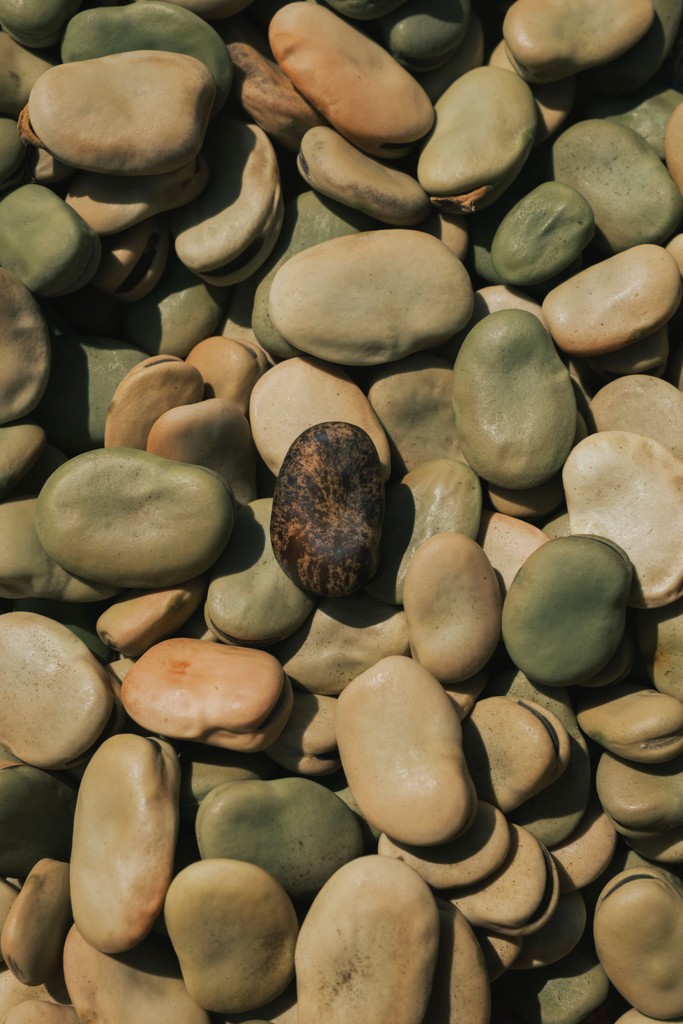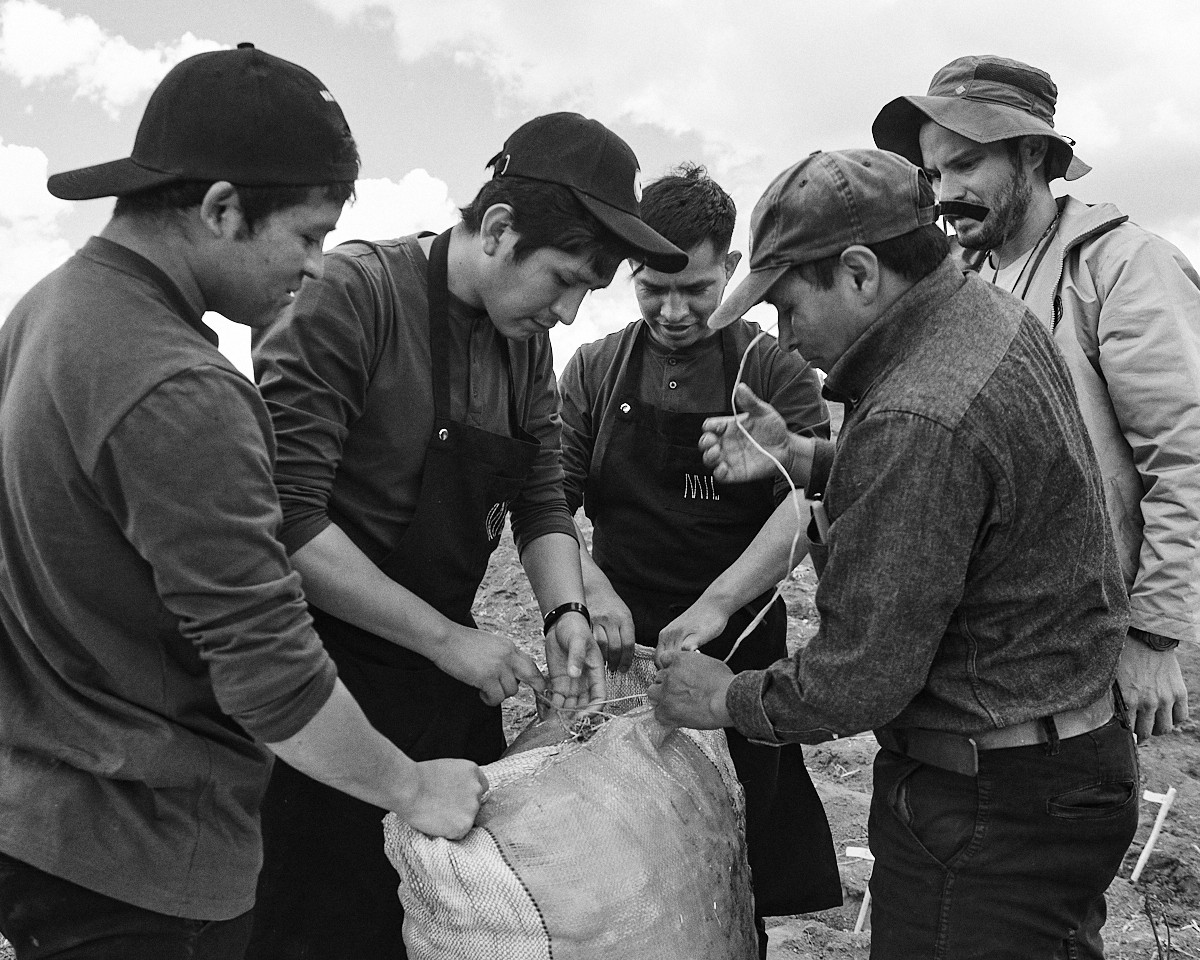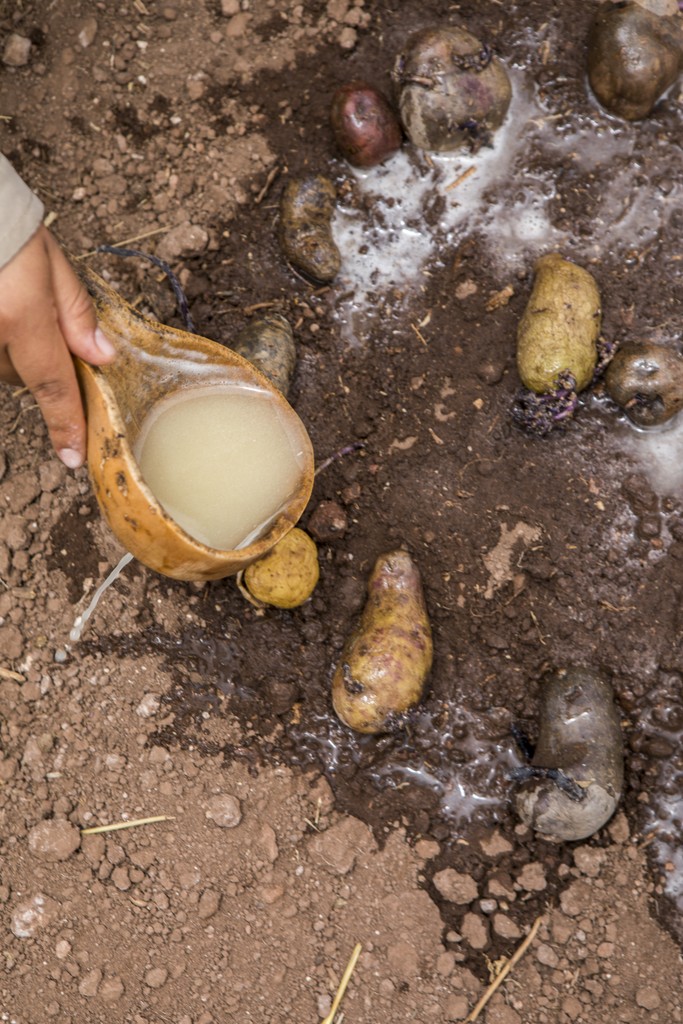ACADEMY
Chacra
MIL
Chacra MIL serves three functions: as an agricultural research site, as a direct connection point with the two neighboring rural communities, K'acllaraccay and Mullakas-Misminay, and as a promoter of agro-biodiversity, offering a greater variety of seeds and products.
(01)
LOCATION
MIL Centro
Maras, Moray, Cusco
(02)
EXECUTION
From 2018 to Present
(03)
MATER TEAM
John Checca
(04)
COLLABORATORS
Mullakas-Misminay Community
K’acllaraccay Community
Seed Suppliers: Santiago Pillco, Cleofé Challco, Inés Carlos, Wilver Uchupe, INIA, among others.
The MIL Farm is a space for experimentation and knowledge exchange, with the purpose of diversifying locally sown and produced species.
In this context, we aim to recover ancient, at-risk crop seeds and ancestral farming techniques, while also incorporating sustainable technological methodologies. This work not only ensures food security but also optimizes the use of efficient seeds, adapting to water scarcity in the environment and changing climatic conditions.
First, it acts as an agricultural research site, similar to those used by the ancient inhabitants of these unique Andes. Here, various species are experimented with, diversifying and adapting them to the altitude of 3,600 meters above sea level.
Second, it serves as a direct connection point with the two neighboring rural communities, Kacllaraccay and Mullakas-Misminay, becoming a space for meeting and exchange.
Finally, we promote agrobiodiversity by offering a wider variety of seeds and products, aiming to reintegrate them into the local diet, contributing to the food security and identity of the region.
01
EXPERIMENTATION SPACE
In this space, the goal is to diversify the species sown and produced locally, as well as recover seeds from ancient crops at risk of extinction and ensure food security.
Year after year, the selection of Andean crops included in the project becomes more diverse, incorporating añu, arveja, cañihua, varieties of fava beans, kiwicha, lisas, maize, oca, varieties of potatoes, quinoa and tarwi.
02
AYNI SYSTEM
By implementing the Ayni System, which means reciprocity, we promote a rotating work model that allows more people to participate in the harvest.
Each year, after hard work, the food and seeds harvested are distributed equally among those who contributed to the cultivation, thereby strengthening the community.
The harvest is destined for three main purposes: benefiting the families participating in the AYNI system, supplying the MIL kitchen and enriching the seed bank, thus ensuring sustainability and agricultural diversity.
We began the new campaign by implementing the Maway, an early planting of tubers that allows for optimizing crop rotation.
In 2024,
We harvested 11 crops.





